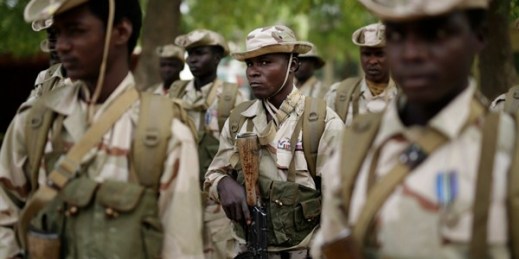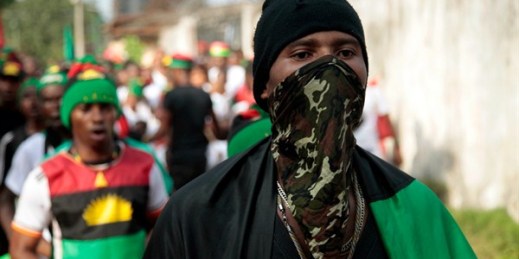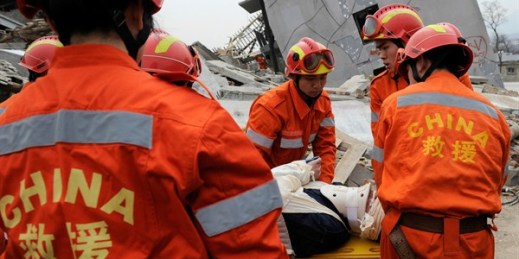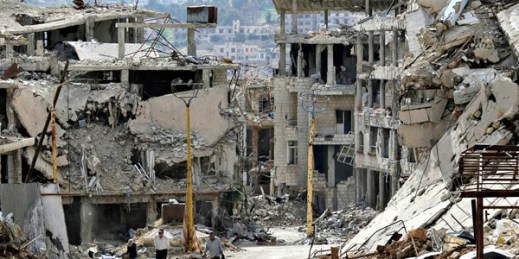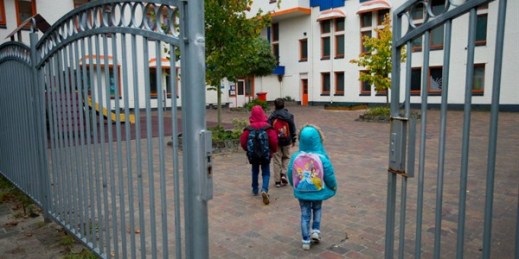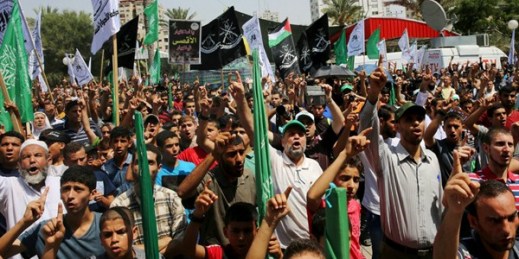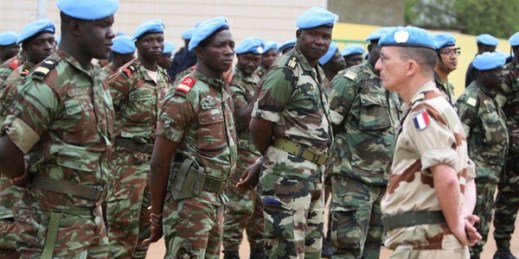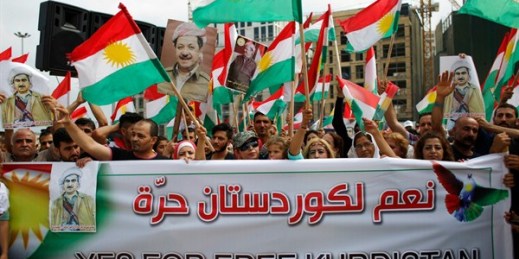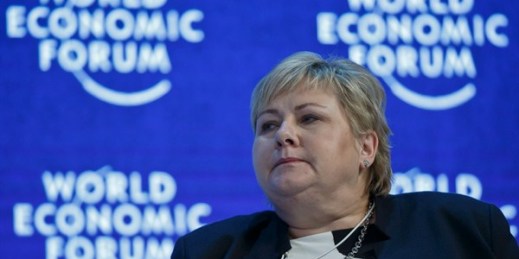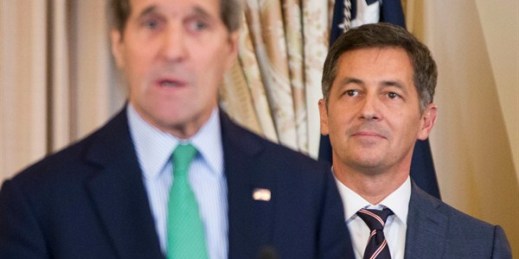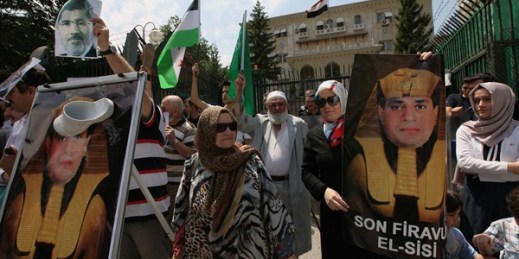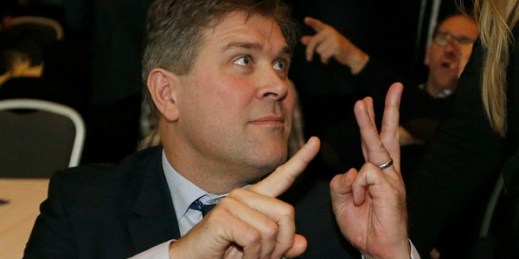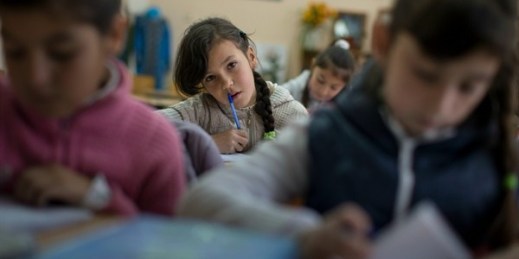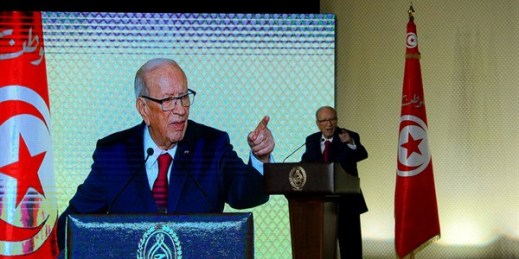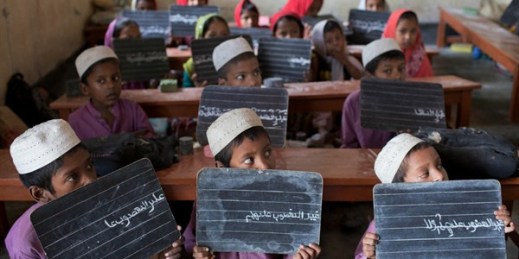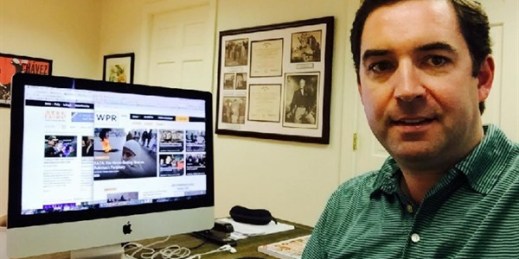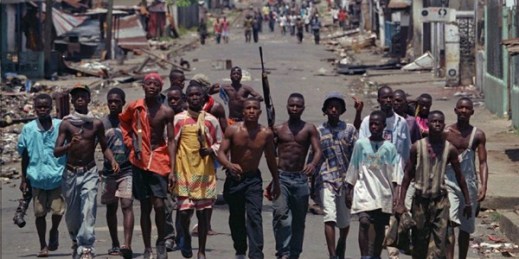
Since his arrival in the U.S. nearly two decades ago, Mohammed Jabbateh has dutifully cultivated the image of a hardworking immigrant, building up a container-shipping business in Philadelphia and supporting his family, including five children. But it is another image that helps explain why the Liberian will stand trial next week in federal court. A photograph taken during the West African nation’s 14-year-long period of civil conflict, and submitted as evidence by prosecutors, shows Jabbateh as an unsmiling young man in dark sunglasses surrounded by combatants. Known to Liberians as “Jungle Jabbah,” Jabbateh served as a commander in the United […]

